European projects


Project development and management
The main activity of Consulta Europa is aimed mainly at facilitating access to opportunities and resources offered by the European Union, both for public and private organisations and entities coming from civil society. Consulta Europa has consolidated experience in the management, development, communication and dissemination activities of projects funded by the European Union in the framework of programmes directly managed by the European Commission such as H2020, COSME, Erasmus+, Interreg Territorial and Interreg Europe, among others. In addition, our team also has experience with indirectly managed funds, in particular the European Regional Development Fund and the European Social Fund. Regional Development Fund and the European Social Fund.
- Strategic analysis. The strategic analysis consists of analyzing the needs and strengths of a particular organization and its research or innovation projects, and identifying programs or financing lines that respond to the client’s profile and demands. The analysis is carried out through different steps that include the analysis of strategic documents, past projects in courses; interviews with the management and other personnel of the staff in charge of organization to define the objectives to be achieved and the expected impact through the European projects. The result of the strategic analysis is a report that provides the organization with a short, medium and long-term vision of its evolution through its participation in European projects, as well as a roadmap.
- Identification and monitoring of calls. This service consists of the periodic collection of information on calls, tenders, partner searches that are published on web pages, or that reach us through our networks and contacts. The information is sent through periodic reports to the client, with an assessment of the relevance, possible benefits, expected success rates, etc.
- Preparation of follow-up reports on topics proposed by the client. Tracking reports provide our clients with an overview of a defined topic and are useful for an organization that wants to develop a new service, product or initiative. That is why the monitoring reports include information on the political/regulatory context, technological surveillance, collaborators and/or competitors, networks or existing strategic partnerships, etc.
- Analysis and preparation of the administrative, technical and financial documentation of the different calls for the presentation of proposals.
- Review, advice on the improvement or preparation of the technical proposals with which our clients attend the calls for obtaining European funding. The technical elaboration of the project consists of the design and writing of the different sections that will configure the final version of the proposal. The definition of the work plan is the most important part, in which objectives, actions and expected results are set. As part of the work plan, we also must consider project management activities, a comprehensive communication and dissemination plan, as well as, a monitoring and evaluation plan, these are three key elements in the framework of the European Programmes. The work plan will be made within the framework of a specific period of time, in which the development of the task groups will be distributed according to the established time frames (months, quarters, years), which will be reflected in a graph: the timeline. The formulation of the project will also require responding to questions arising from the particular requirements demanded by the community programmes: European added value, innovative character, sustainability of the project, capacity for transfer and capitalization of results, respect for horizontal principles.
- Construction of the partnership and management of the consortium agreements. It will be done in parallel and in coherence with the design process of the project that has to be carried out from the perspective of transnational collaboration.
- Preparation of the financial plan: for each group of tasks, the amount and types of associated expenses will also be established, creating the financial plan. The work plan will be defined in a structured and coherent way, responding to the sequence of the aforementioned logical framework.
- Assumption of the leadership and coordination of the work packages of the Consortium formed to execute the projects financed with European funds.
- Presentation and submission of the proposals that will be financed with European funds.
- Support or direct management of the implementation of the awarded projects.
- Financial and administrative management.
- Assistance in the preparation of the reports required by the funding body of the awarded proposals.
- Follow-up in the execution of the activities for the implementation of the project. Monitoring and evaluation.
- Support in the dissemination of results and promotion of European added value.
- Advice on the proper closure of the project.
- Communication strategy and plan
- Identification of the context and analysis (communication obligations at European level)
- Identification of the target groups for the creation and management of a database of the concerned parties.
- Identification of the key messages for the creation of the visual identity of the project and the promotion material
- Identification of tools and channels to use
- Creation of visual identity and corporate image
- Corporate identity manual
- Website creation and development
- Strategy and content management plan for the website
- Social networks and digital communication and dissemination campaigns
- Strategy and content management plan in social networks (social media plan and digital marketing)
- Press office
- Production and management of scientific publications
- Magazine and/or newsletter
- Video editing and production
- Event organization
- Media coverage
- Feedback from communication channels
- Synergies and networking
- Identification of activities and guidelines for their implementation – Events, Conferences – Workshop – etc.
- Monitoring and evaluation of the communication and dissemination strategy (requirement of European projects in general such as Horizon Europe)
Policies and territorial development


Strategic consultancy on policies and territorial development
Consulta Europa has experience in advising regional institutions in the design, implementation, and evaluation of regional policies in support of research, innovation, entrepreneurship, and employment. The most recurrent areas of expertise are research, innovation, circular economy, employment, entrepreneurship, and equality systems, in both public and private organisations. We also support public authorities in the design, planning and management of policies and programmes that support education, innovation, and competitiveness of SMEs. In this sense, we provide strategic consultancy services on the definition of policy priorities and objectives, so that they are linked to EU policies and recommendations.
Consulta Europa tries to identify innovative territorial development strategies that respond to the requirements of European directives and regulations, and that look at the self-sustainability of a territory and the valorization of its assets (tangible and intangible). Through the analysis of different initiatives and practices, Consulta Europa directs its action to support innovators, entrepreneurs and policy planners in the design of more efficient and inclusive policies.
Within the design of territorial development strategies, Consulta Europa, as detailed on our website, proposes a model focused on three key elements: social innovation, participatory approach, and circular economy to help shape the future of our societies and economies in the coming years.
The circular economy and social innovation have one element in common and that is the involvement of citizens who actively participate in these movements and even co-create projects and initiatives in collaboration with other actors, following a multi-stakeholder approach. In the field of circular economy, our research methodology is based on the collection and analysis of practical cases for the extraction of models and their adaptation and replication in other organizations and contexts. In this sense, we have specialized in business models applicable to the circular economy.
It should be noted that we currently have two grants from the Government of the Canary Islands for a period of two years, typical of the program for the Incorporation of Innovative Personnel into the Productive Fabric . Two researchers of the Consulta Europa team have been working on the investigation of different production cycles in three sectors of the Canarian economy, so that innovative solutions can be identified to close the circle of these production cycles and test them. Moreover, they have been investigating the socio-ethical motivations that underlie business decisions towards circular models and innovative business models that allow maximizing the economic profitability of production in more circular value chains and collaboration between companies.
Also, Consulta Europa produced a study on the state of the art on circular economy in the Canary Islands and its good practices, which was delivered to the European Commission. This study, called “Canary Islands as a living lab for circular Economy principles”, aims to investigate and teach the possibility and potential of the islands within the framework of the implementation of circular economy. More recently, Consulta Europa has participated in the drafting of the Canary Islands Circular Economy Strategy for the Government of the Canary Islands, as well as in the coordination of the analysis of the contributions of government bodies and social agents of interest in the field.
In the social innovation sector, Consulta Europa has worked mainly on analysing business models and impact assessment.
- Study of the organization chart of the entity and Establishment of a questionnaire to prepare a diagnosis of the situation on equal opportunities between women and men in the client organization or company.
- Analysis of the results of the questionnaire and drafting of a diagnosis of the situation regarding gender equality in the company.
If required by the client:
- Preparation or assistance in the preparation of an action plan to improve equal access to responsibilities for both genders in the company.
- Registration of the equality plan to the competent authority (varies in each community).
